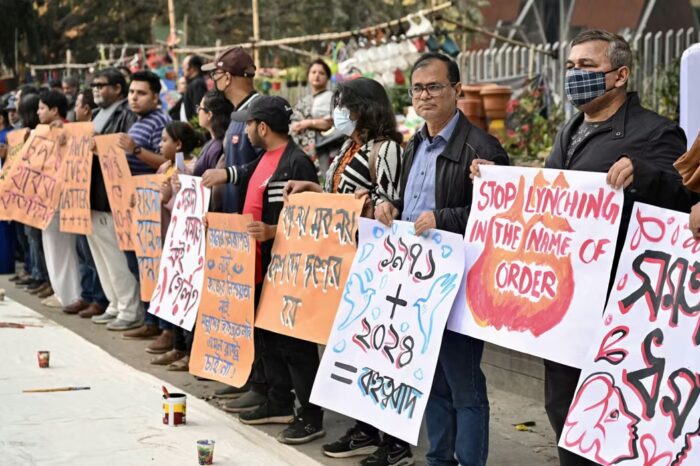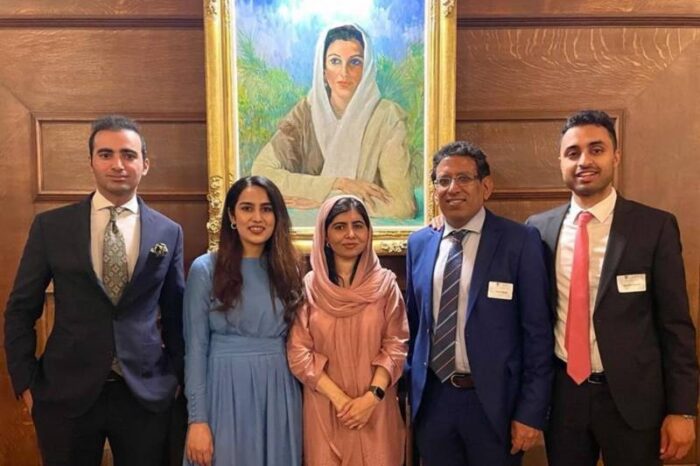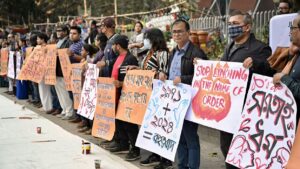University of Dundee leads path-breaking research on type-2 diabetes

A recent study conducted by researchers at the University of Dundee in collaboration with Dr Mohan’s Diabetes Specialities Centres, has found that South Asians – especially Asian Indians – are at a higher risk of developing young onset type-2 diabetes as compared to white Europeans.
The research is one of its kind as mostly research on diabetes has been done on people who have Western European ancestry. For the first time, it was shown that Asian Indians have a higher genetic burden of poor beta cell function, which are found in the pancreas and secrete insulin in response to a person’s blood sugar levels.
It is known that diabetes in Europeans is different than Asians, which is referred to as the ‘Asian Indian Phenotype’. Dr Moneeza Siddiqui, from Dundee’s School of Medicine, said, “The evidence of a greater genetic burden both in India and migrant South Asians who are part of the UK Biobank is compelling evidence that the underlying architecture of type 2 diabetes is different in South Asians.”
This research was done as part of a project called INSPIRED, which is a £7m Dundee-led project, to inform and improve diabetes treatment and diagnosis in India.
A recent study conducted by researchers at the University of Dundee in collaboration with Dr Mohan’s Diabetes Specialities Centres, has found that South Asians – especially Asian Indians – are at a higher risk of developing young onset type-2 diabetes as compared to white Europeans.
The research is one of its kind as mostly research on diabetes has been done on people who have Western European ancestry. For the first time, it was shown that Asian Indians have a higher genetic burden of poor beta cell function, which are found in the pancreas and secrete insulin in response to a person’s blood sugar levels.
It is known that diabetes in Europeans is different than Asians, which is referred to as the ‘Asian Indian Phenotype’. Dr Moneeza Siddiqui, from Dundee’s School of Medicine, said, “The evidence of a greater genetic burden both in India and migrant South Asians who are part of the UK Biobank is compelling evidence that the underlying architecture of type 2 diabetes is different in South Asians.”
This research was done as part of a project called INSPIRED, which is a £7m Dundee-led project, to inform and improve diabetes treatment and diagnosis in India.








